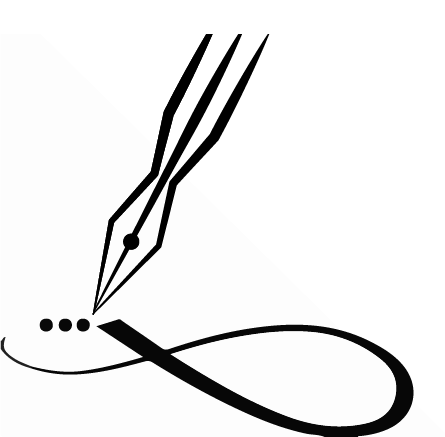Knowledge is a familiarity, awareness, or understanding of someone or something, such as facts, information, descriptions, or skills, which is acquired through experience or education by perceiving, discovering, or learning.
Knowledge can refer to a theoretical or practical understanding of a subject. It can be implicit (as with practical skill or expertise) or explicit (as with the theoretical understanding of a subject); it can be more or less formal or systematic. In philosophy, the study of knowledge is called epistemology. The philosopher Plato famously pointed out the need for a distinction between knowledge and true belief in the Theaetetus, leading many to attribute to him a definition of knowledge as “justified true belief”. The difficulties with this definition raised by the Gettier problem have been the subject of extensive debate in epistemology for more than half a century.
Knowledge acquisition involves complex cognitive processes: perception, communication, and reasoning; while knowledge is also said to be related to the capacity of acknowledgement in human beings.
